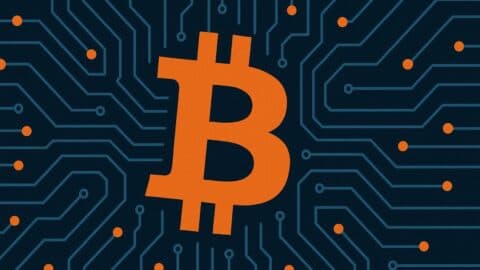Bitcoin Community Debates Contentious BIP-444 Amid 17th White Paper Anniversary

Bitcoin's 17th Anniversary Marked by Heated Debate Over BIP-444 Soft Fork Proposal
As the Bitcoin community commemorates the 17th anniversary of the Bitcoin white paper's release, a significant and contentious debate has erupted over Bitcoin Improvement Proposal (BIP-444). This proposal, recently announced, aims to implement a temporary one-year soft fork to restrict the storage of non-financial data on the Bitcoin blockchain, a move that has deeply divided developers and proponents. The proposal seeks to address concerns arising from the recent Bitcoin Core v30 update, which removed an 83-byte cap on OP_RETURN outputs, potentially allowing for the embedding of large, arbitrary, and even illegal content on the immutable ledger.
The "The "Reduced Data Temporary Softfork," authored by an anonymous developer known as Dathon Ohm and supported by long-time Bitcoin Core developer Luke Dashjr, argues that unrestricted data could expose node operators to legal liabilities and compromise Bitcoin's core function as a monetary network. "BIP-444 would temporarily restrict non-financial data on Bitcoin’s blockchain," according to a Yahoo Finance report, with supporters claiming it is "vital for security." However, critics, including F2Pool co-founder Chun Wang, view the proposal as a form of censorship and a betrayal of Bitcoin's neutrality, with some developers demonstrating how the restrictions could be bypassed.
In parallel to these technical discussions, the cryptocurrency world continues to observe the divergent Bitcoin treasury strategies of major corporate holders. Companies like MicroStrategy, under the leadership of Michael Saylor, have aggressively accumulated Bitcoin as a primary treasury reserve asset, holding approximately 152,800 BTC as of July 2023. In contrast, Block (formerly Square), co-founded by Jack Dorsey, has adopted a more conservative approach, integrating Bitcoin holdings primarily through its Cash App operations and emphasizing its utility for payments and ecosystem development. This "Square v Saylors Bitcoin Treasury Approach," as noted by Presidio Bitcoin, highlights the varying philosophies on corporate Bitcoin adoption.
The ongoing discourse around BIP-444 underscores the persistent tension within Bitcoin's governance, balancing immutability with practical concerns. The proposal's activation, whether proactive or reactive to the appearance of problematic content, could lead to a contentious chain split, a scenario that has historically been avoided in Bitcoin's development. As the network matures, these debates are becoming increasingly complex, reflecting the evolving challenges of maintaining Bitcoin's foundational principles in a rapidly changing digital landscape.